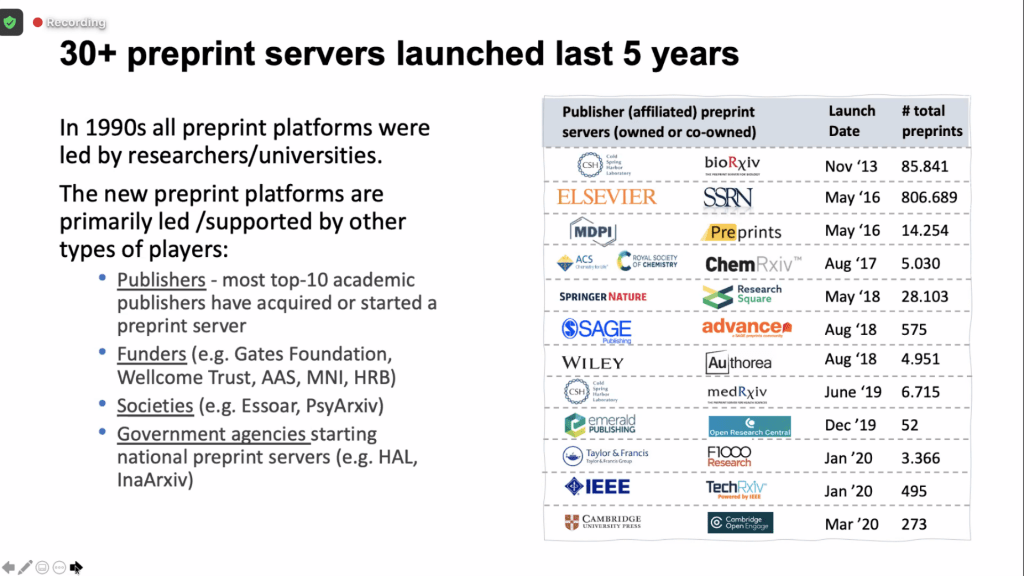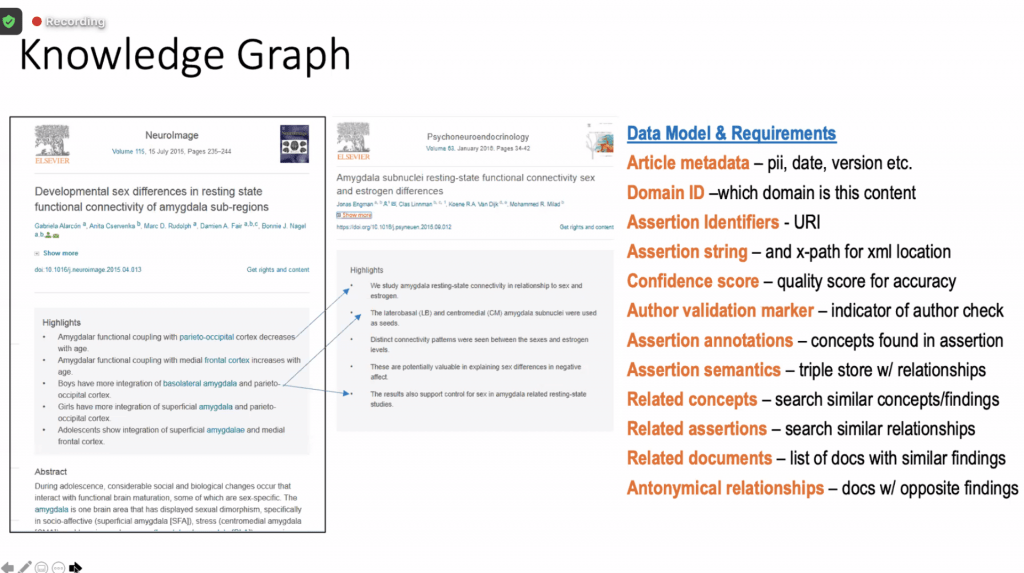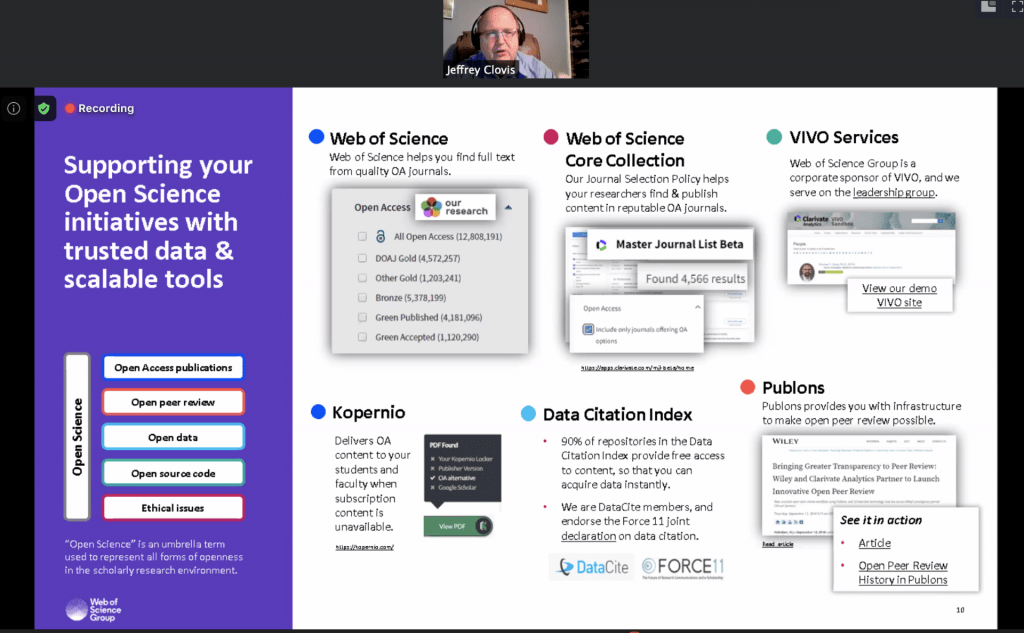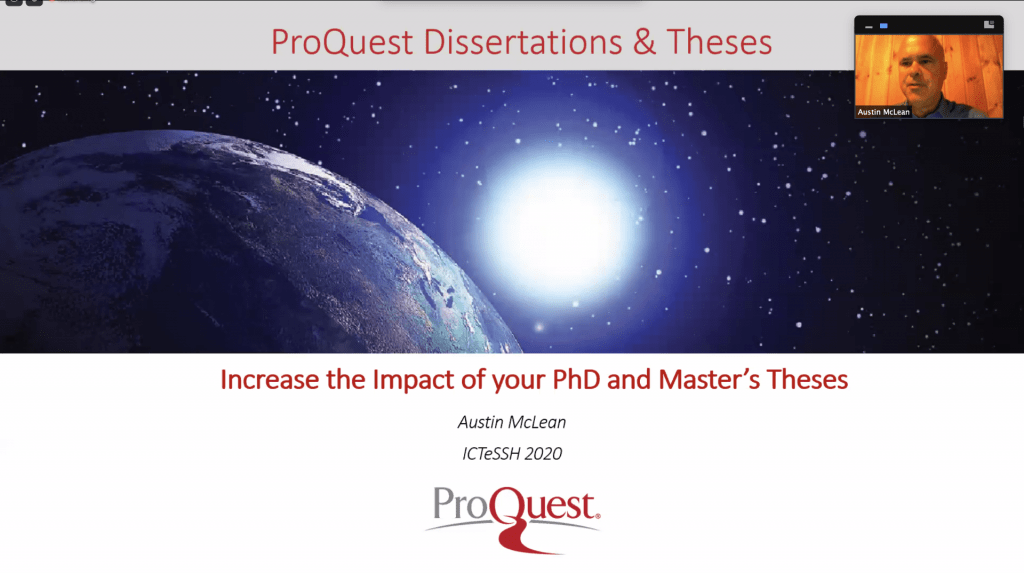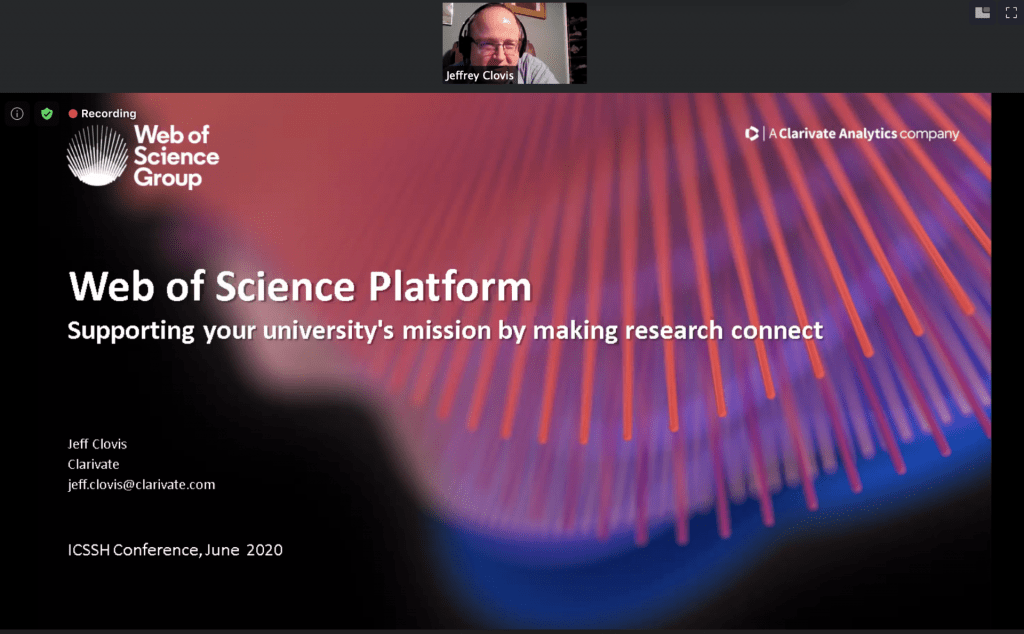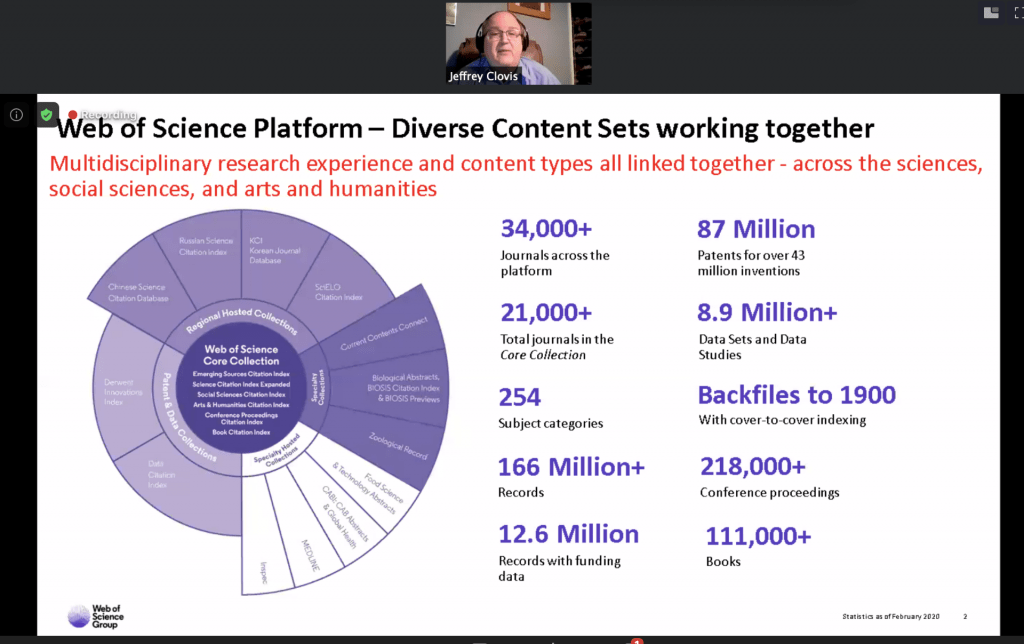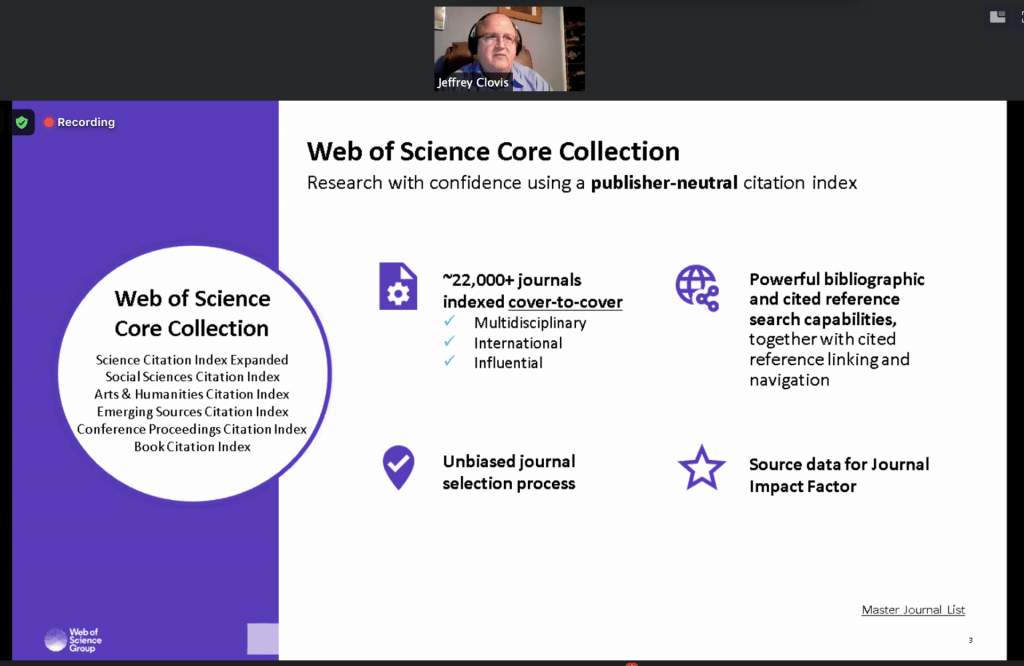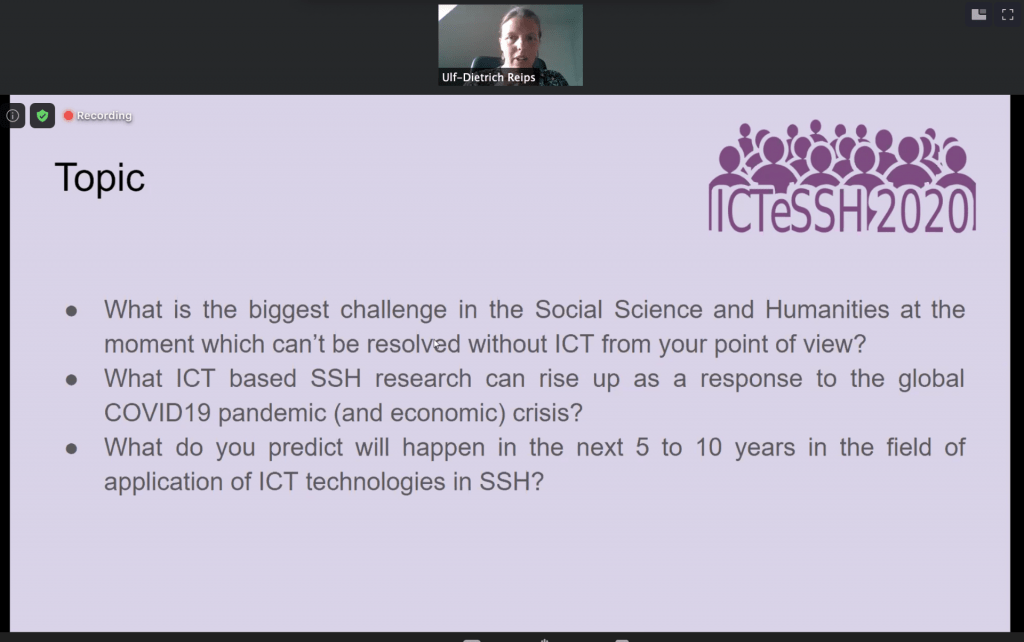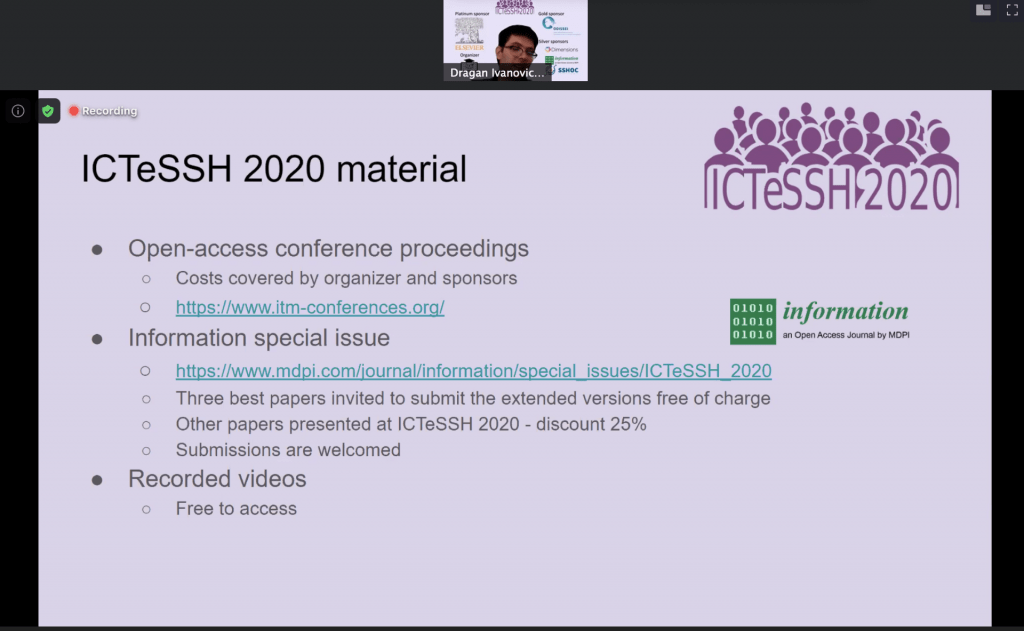Posts Tagged ‘academic research’
AI and ed research
Got a new open access article out on the ways AI is embedding in education research. Well-funded precision education experts and learning engineers aim to collect psychodata, brain data and biodata as evidence of the embodied substrates of learning. https://t.co/CbdHReXUiz
— Ben Williamson (@BenPatrickWill) July 24, 2020
https://www.scienceopen.com/document/read?vid=992eaf61-35dd-454e-aa17-f9f8216b381b
This article presents an examination of how education research is being remade as an experimental data-intensive science. AI is combining with learning science in new ‘digital laboratories’ where ownership over data, and power and authority over educational knowledge production, are being redistributed to research assemblages of computational machines and scientific expertise.
Research across the sciences, humanities and social sciences is increasingly conducted through digital knowledge machines that are reconfiguring the ways knowledge is generated, circulated and used (Meyer and Schroeder, 2015).
Knowledge infrastructures, such as those of statistical institutes or research-intensive universities, have undergone significant digital transformation with the arrival of data-intensive technologies, with knowledge production now enacted in myriad settings, from academic laboratories and research institutes to commercial research and development studios, think tanks and consultancies. Datafied knowledge infrastructures have become hubs of command and control over the creation, analysis and exchange of data (Bigo et al., 2019).
The combination of AI and learning science into an AILSci research assemblage consists of particular forms of scientific expertise embodied by knowledge actors – individuals and organizations – identified by categories including science of learning, AIED, precision education and learning engineering.
Precision education overtly uses psychological, neurological and genomic data to tailor or personalize learning around the unique needs of the individual (Williamson, 2019). Precision education approaches include cognitive tracking, behavioural monitoring, brain imaging and DNA analysis.
Expert power is therefore claimed by those who can perform big data analyses, especially those able to translate and narrate the data for various audiences. Likewise, expert power in education is now claimed by those who can enact data-intensive science of learning, precision education and learning engineering research and development, and translate AILSci findings into knowledge for application in policy and practitioner settings.
the thinking of a thinking infrastructure is not merely a conscious human cognitive process, but relationally performed across humans and socio-material strata, wherein interconnected technical devices and other forms ‘organize thinking and thought and direct action’.
As an infrastructure for AILSci analyses, these technologies at least partly structure how experts think: they generate new understandings and knowledge about processes of education and learning that are only thinkable and knowable due to the computational machinery of the research enterprise.
Big data-based molecular genetics studies are part of a bioinformatics-led transformation of biomedical sciences based on analysing exceptional volumes of data (Parry and Greenhough, 2018), which has transformed the biological sciences to focus on structured and computable data rather than embodied evidence itself.
Isin and Ruppert (2019) have recently conceptualized an emergent form of power that they characterize as sensory power. Building on Foucault, they note how sovereign power gradually metamorphosed into disciplinary power and biopolitical forms of statistical regulation over bodies and populations.
Sensory power marks a shift to practices of data-intensive sensing, and to the quantified tracking, recording and representing of living pulses, movements and sentiments through devices such as wearable fitness monitors, online natural-language processing and behaviour-tracking apps. Davies (2019: 515–20) designates these as ‘techno-somatic real-time sensing’ technologies that capture the ‘rhythms’ and ‘metronomic vitality’ of human bodies, and bring about ‘new cyborg-type assemblages of bodies, codes, screens and machines’ in a ‘constant cybernetic loop of action, feedback and adaptation’.
Techno-somatic modes of neural sensing, using neurotechnologies for brain imaging and neural analysis, are the next frontier in AILSci. Real-time brainwave sensing is being developed and trialled in multiple expert settings.
_+++++++++++++++
more on AI in this IMS blog
https://blog.stcloudstate.edu/ims?s=artificial+intelligence
ISTeSSH2020
International Conference on ICT enhanced Social Sciences and Humanities 2020
- a three-day virtual conference,
- free to attend,
- the attractive topic and nice program with 17 papers presentations and a panel discussion,
- 2 workshops and 1 training,
- an ICT quiz with 500 euros prize award for the winner,
Dates of the conference: June 29th – July 1st, 2020
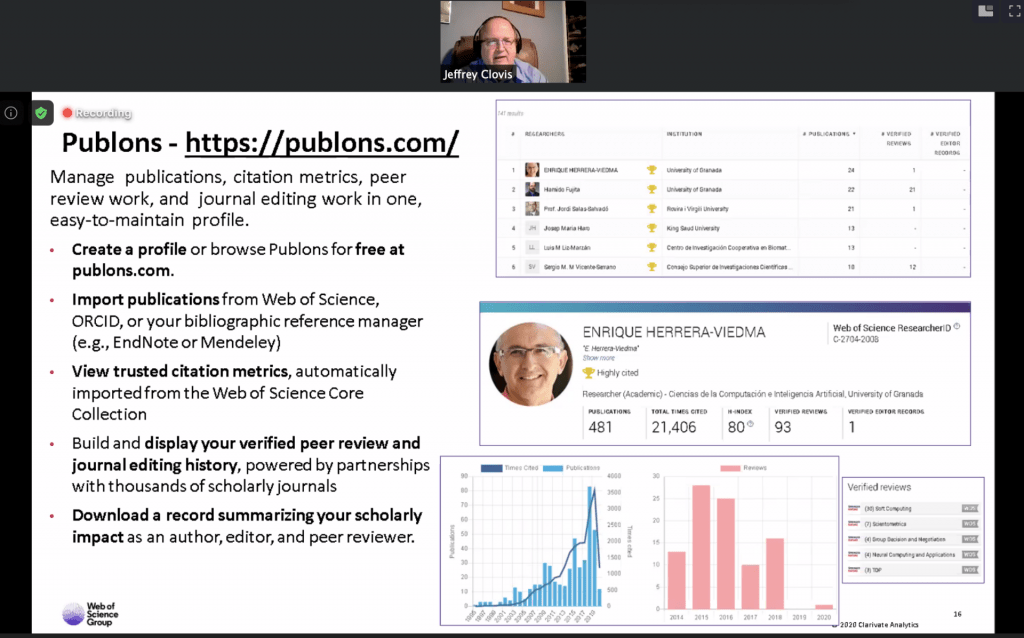
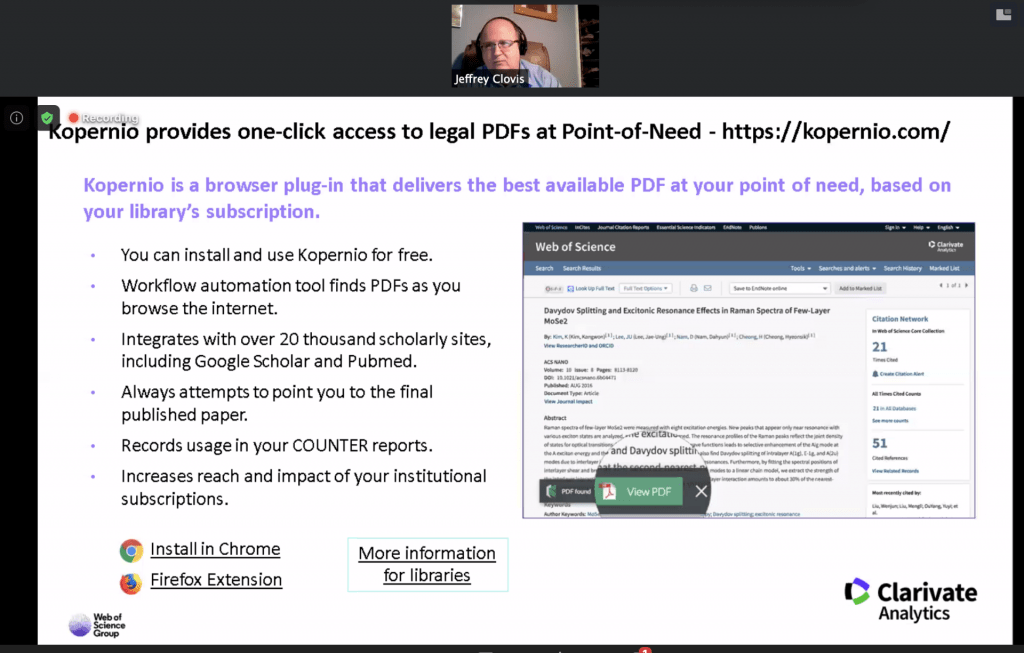 Jeff Clovins, Clavirate Analytics
Jeff Clovins, Clavirate Analytics
Wednesday, June 1
Challenges to Social Sciences and Humanities
Best practices: Two Web-browser-based methods for stimuluspresentation in behavioral experiments with high-resolution timingrequirementsPablo Garaizar1&Ulf-Dietrich
(PDF) Best practices: Two Web-browser-based methods for stimulus presentation in behavioral experiments with high-resolution timing requirements. Available from: https://www.researchgate.net/publication/328012311_Best_practices_Two_Web-browser-based_methods_for_stimulus_presentation_in_behavioral_experiments_with_high-resolution_timing_requirements [accessed Jul 01 2020].
dealing with research
Dealing with Research Frustrations
Kimberly Schveder
https://www.linkedin.com/pulse/dealing-research-frustrations-kimberly-schveder/
a quick list of some items to consider when you are researching:
Keep a research journal. It can be virtually or on paper, or both. keep track of all of the following: different section(s) with all of your ideas and thoughts, what you have accomplished, your goals on what you want to accomplish in the project in increments, your references and citations, your research meeting notes, your literature review notes, and topics that you wish to explore in further research. Also, write down everything: what you used, when you used it, what you tested on what day.
Stick with your research, even when things don’t go as planned or if you get unexpected results.
Research may feel awkward and confusing at first, even in the literature review phase when you are trying to find a research question or researching more methods that will help you in your research.
Don’t over think your research. have a clear, concise research question that you can always go back to stay on task. But, if you get side-tracked, right down any other related research questions that you can potentially go back to for future studies.
Always have a research mentor.
Use your resources that are in front of you. The internet is your friend. if you are having trouble finding a topic, article, or technical issue, seek out help, starting with a simple Google search. You can connect with research and reference librarians, freelance writers, ghost writers, potential references, authors and editors, local libraries and their catalogs
++++++++++++
more on research in this IMS blog
https://blog.stcloudstate.edu/ims?s=research
social media algorithms
How algorithms impact our browsing behavior? browsing history?
What is the connection between social media algorithms and fake news?
Are there topic-detection algorithms as they are community-detection ones?
How can I change the content of a [Google] search return? Can I?
gender
Massanari, A. (2017). #Gamergate and The Fappening: How Reddit’s algorithm, governance, and culture support toxic technocultures. New Media & Society, 19(3), 329-346. doi:10.1177/1461444815608807
community detection algorithms:
Bedi, P., & Sharma, C. (2016). Community detection in social networks. Wires: Data Mining & Knowledge Discovery, 6(3), 115-135.
CRUZ, J. D., BOTHOREL, C., & POULET, F. (2014). Community Detection and Visualization in Social Networks: Integrating Structural and Semantic Information. ACM Transactions On Intelligent Systems & Technology, 5(1), 1-26. doi:10.1145/2542182.2542193
Bai, X., Yang, P., & Shi, X. (2017). An overlapping community detection algorithm based on density peaks. Neurocomputing, 2267-15. doi:10.1016/j.neucom.2016.11.019
topic-detection algorithms:
Zeng, J., & Zhang, S. (2009). Incorporating topic transition in topic detection and tracking algorithms. Expert Systems With Applications, 36(1), 227-232. doi:10.1016/j.eswa.2007.09.013
topic detection and tracking (TDT) algorithms based on topic models, such as LDA, pLSI (https://en.wikipedia.org/wiki/Probabilistic_latent_semantic_analysis), etc.
Zhou, E., Zhong, N., & Li, Y. (2014). Extracting news blog hot topics based on the W2T Methodology. World Wide Web, 17(3), 377-404. doi:10.1007/s11280-013-0207-7
The W2T (Wisdom Web of Things) methodology considers the information organization and management from the perspective of Web services, which contributes to a deep understanding of online phenomena such as users’ behaviors and comments in e-commerce platforms and online social networks. (https://link.springer.com/chapter/10.1007/978-3-319-44198-6_10)
ethics of algorithm
journalism
+++++++++++++++++
https://blog.stcloudstate.edu/ims?s=algorithm
more on algorithms in this IMS blog
see also
case study
Feagin, J. R., Orum, A. M., & Sjoberg, G. (1991). A Case for the case study. Chapel Hill: University of North Carolina Press.
https://books.google.com/books/about/A_Case_for_the_Case_Study.html?id=7A39B6ZLyJQC
or ILL MSU,M Memorial Library –General Collection HM48 .C37 1991
p. 2 case study is defined as an in-depth
Multi-faceted investigation, using qualitative research methods, of a single social phenomenon.
use of several data sources.
Some case studies have made use of both qualitative and quantitative methods.
Comparative framework.
The social phenomenon can vary: it can be an organization, it can be a role, or role-occupants.
p. 3Quantitative methods: standardized set of q/s
Digital Literacy for Anthropology
Upper level anthropology of Native N American class w Kelly Branam Macauley
short link to this presentation: http://bit.ly/lib4anthr
| Plamen Miltenoff: I give you the intersection of technology + library and information science = digital literacy + doctoral studies in education and psychology = educational technology. http://web.stcloudstate.edu/pmiltenoff/faculty/ relevant classes I teach and might be of interest for you: http://web.stcloudstate.edu/pmiltenoff/lib290/. if you want to survey the class, here is the FB group page: https://www.facebook.com/groups/LIB290/ and http://web.stcloudstate.edu/pmiltenoff/lib490/ |
the topic is Social Media and research; research in the digital age
-
General issues
#FakeNews
Please pull out your smartphones, go to your Internet browser and and type: kahoot.it or click on the link: https://play.kahoot.it/
Class assignment (you will need a laptop, tablet and/or smart phone. If don’t have one, team up with your peer nearest you): #FakeNews is a very timely and controversial issue. in 2-3 min choose your best source on this issue. 1. Mind the prevalence of resources in the 21st century 2. Mind the necessity to evaluate a) the veracity of your courses b) the quality of your sources (the fact that they are “true” does not mean that they are the best). Be prepared to name your source and defend its quality.
How do you determine your sources? How do you decide the reliability of your sources? Are you sure you can distinguish “good” from “bad?”
Compare this entry https://en.wikipedia.org/wiki/List_of_fake_news_websites
to this entry: https://docs.google.com/document/d/10eA5-mCZLSS4MQY5QGb5ewC3VAL6pLkT53V_81ZyitM/preview to understand the scope
Do you know any fact checking sites? Can you identify spot sponsored content? Do you understand syndication? What do you understand under “media literacy,” “news literacy,” “information literacy.” https://blog.stcloudstate.edu/ims/2017/03/28/fake-news-resources/
https://blog.stcloudstate.edu/ims/2017/03/28/fake-news-resources/
Need more info? https://blog.stcloudstate.edu/ims/2017/03/28/fake-news-3/
Need even more info? https://blog.stcloudstate.edu/ims?s=fake+news
-
Academic research
http://www.stcloudstate.edu/library/:
the online dbases, the subject guides,
https://scholar.google.com/
Class assignment (you will need a laptop, tablet and/or smart phone. If don’t have one, team up with your peer nearest you): Research a topic in your class (keyword) using “heavy duty” (peer-reviewed) literature – 2-3 min.
Please pull out your smartphones, go to your Internet browser and and type: kahoot.it or click on the link: https://play.kahoot.it/
Academic research: https://play.kahoot.it/#/k/e2d6a15f-6361-4e21-96f9-d054f1d8e49b
https://play.kahoot.it/#/k/5e09bb66-4d87-44a5-af21-c8f3d7ce23de
-
Research using social media
what is social media (examples). why is called SM? why is so popular? what makes it so popular?
use SM tools for your research and education:
– Determining your topic. How to?
Digg http://digg.com/, Reddit https://www.reddit.com/ , Quora https://www.quora.com
Facebook, Twitter – hashtags (class assignment 2-3 min to search)
LinkedIn Groups
YouTube and Slideshare (class assignment 2-3 min to search)
Flickr, Instagram, Pinterest for visual aids (like YouTube they are media repositories)
Academia.com (https://www.academia.edu/) Academia.edu, a paper-sharing social network that has been informally dubbed “Facebook for academics,” https://www.academia.edu/31942069_Facebook_for_Academics_The_Convergence_of_Self-Branding_and_Social_Media_Logic_on_Academia.edu
ResearchGate: https://www.researchgate.net/
– collecting and managing your resources:
Delicious https://del.icio.us/
Diigo: https://www.diigo.com/
Evernote: evernote.com OneNote (Microsoft)
blogs and wikis for collecting data and collaborating
– Managing and sharing your information:
Refworks,
Zotero https://www.zotero.org/,
Mendeley, https://www.mendeley.com/
– Testing your work against your peers (globally):
Wikipedia:
First step:Using Wikipedia.Second step: Contributing to Wikipedia (editing a page). Third step: Contributing to Wikipedia (creating a page) https://www.evernote.com/shard/s101/sh/ef743d1a-4516-47fe-bc5b-408f29a9dcb9/52d79bfa20ee087900764eb6a407ec86
– presenting your information
please use this form to cast your feedback. Please feel free to fill out only the relevant questions:
http://bit.ly/imseval
++++++++++++++++++++++++++++
more on digital literacy for Anthropology classes in this IMS blog
https://blog.stcloudstate.edu/ims?s=anthropology

